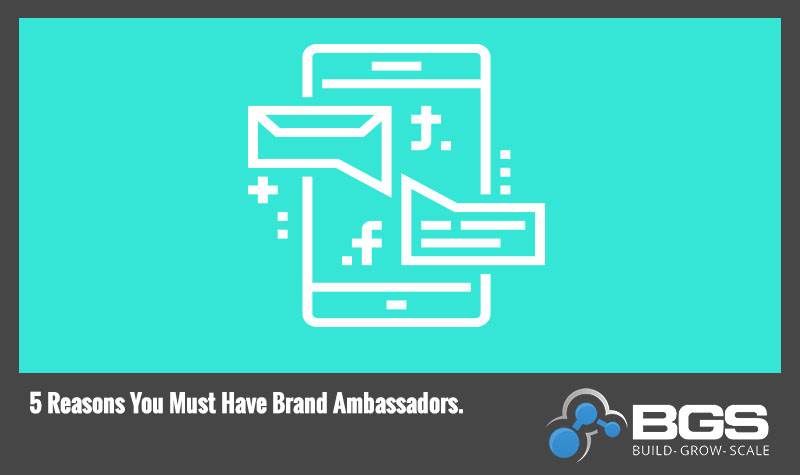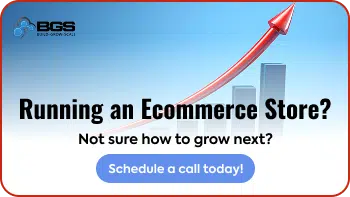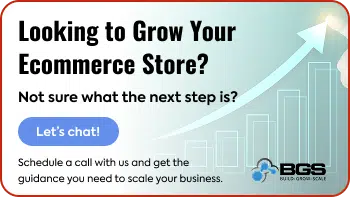5 Reasons You Must Have Brand Ambassadors

You probably know the basics of brand promotion: social media, content marketing and email marketing. However, if you don’t cultivate strong relationships with brand ambassadors, you’re missing out on a steady stream of free advertising.
To get a feel for what online brand advocacy looks like, follow these simple steps:
- Pick a company to analyze.
- Head over to BuzzSumo—or your favorite social media search engine.
- Conduct a quick influencer search.
- Study the profiles of the company’s most rabid influencers. Sure, some of those people are paid shills, but I assure you, most are avid fans of the product.
Not all of them will have hoards of followers, but they do add up. There is another name for these passionate fans: brand ambassadors. The term has evolved since the advent of social media. Let’s take a look.
The Old Definition
In the past, a brand ambassador was an individual employed by a firm to promote a product or service. This individual—often a celebrity—appeared in advertisements and at events such as trade shows and conventions.
The brand ambassador embodied the corporate identity. He or she humanized the corporation. This individual represented the values and ethics of the company—at least in theory.
The Definition Expanded
Doubtless, public endorsement by celebrities and other well-known individuals remains an important means of brand enhancement. However, the term ‘brand ambassador’ has grown to include denizens of the Web who are well-known on social networks.
These people often—but not always—promote a product to their audience because they genuinely like it.
These folks can have a massive influence on individuals who subscribe to their updates and blogs. Influencers exist on all the major social networks, from Facebook to Reddit. They often create their own spaces on these networks, such as Facebook groups, Reddit subs, Skype group chats, and Google+ Hangouts.
The Loyalty Ripple Effect
Dr. Dwayne D. Gremler of the College of Business and Economics, University of Idaho, notes in his paper The Loyalty Ripple Effect, that loyal customers lead to increased revenues. These consumers provide predictable profit streams and are more likely to purchase upsells. Dr. Gremler compares this effect to that of dropping a small stone into a lake or pond and notes that this behavior can generate interest in the firm in others. These customers are sources of word-of-mouth advertising. This advocacy can be especially helpful for startups. Let’s look at a few reasons you need brand ambassadors.
1. No one will love you more.
When you first launch a company, you’ll be tempted to spread the glorious news of your product or service to anyone who will listen. That’s natural. But eventually, your contacts will grow wary of the constant updates. They may like you as a person, but that doesn’t mean they like your business idea. On the other hand, if you cultivate a community of brand ambassadors excited about your product, you gain access to a receptive audience ready to advocate for you. When you publish updates to your social media platforms, your brand ambassadors will re-pin, like, and retweet your message to prospects.
2. Physics dictates you can’t be in more than one place at a time.
You may be the face of the company, but you can’t be at a trade show and a conference at the same time. Your brand ambassadors can promote you from wherever they are. So while you’re busy with tedious event marketing, take a few minutes to feed your most enthusiastic fans information on upcoming products, your new blog or whatever else they might find interesting. In addition, your brand ambassadors may champion you at an event near them. It can’t hurt to ask—just do it tactfully.
3. You will get lots of feedback.
Your biggest fans can be your harshest critics because they care about your product, service or brand. Since you should always be evolving your offerings anyway, include your brand ambassadors in the feedback loop. Seek their input from the consumer side. Remember: they are in touch with your larger user base. Don’t be afraid to ask them what the competition is up to, either.
Let your customers know that you appreciate their feedback and then provide them with a way to give it to you. Surveys sent via email often go ignored. A more efficient means of soliciting feedback is to create a page on your site for the purpose and then promote it via your social media platform. Let your customers come to you.
“Traditional Marketing talks at people, Content Marketing talks with people.”
– Doug Kessler
4. Get ideas for your content campaigns.
Brand ambassadors tend to have blogs of their own. Check their blogs and see what they’re saying about your industry. Collaborate with them when you can, but don’t be afraid to mine their posts for inspiration. A few caveats:
- Obviously, don’t plagiarize.
- Always run your work through CopyScape or a comparable service.
- Give credit where credit is due. Don’t snub your customer. In fact, by citing them as your inspiration, you make it more likely they will share your blog post with their own followers.
5. Brand ambassadors humanize your company.
Just as celebrities put a human face on a faceless corporation, online brand ambassadors can humanize your product. Numerous studies have shown that word-of-mouth advertising works because people are social. Consumers give more weight to an endorsement that comes from someone they know than to an advertisement they see on the TV, radio or Internet. This all comes down to building trust.






